A CEO’s happy place? On the river at dawn
Wesfarmers chief executive and former Olympian Rob Scott enjoys a stress-busting yoga workout at lunchtime, often after rowing on the Swan River at sunrise.
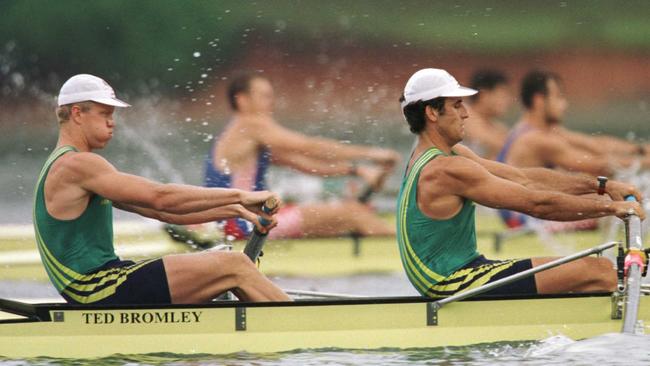
There are few places in the world where Rob Scott feels happier than out on Perth’s Swan River at the crack of dawn, rowing with a bunch of old mates.
When he is not travelling interstate or abroad, Scott heads out at 5am once or twice a week from the Curtin University Boat Club in South Perth, one of the clubs that helped to make him an international representative rower and a silver medallist at the 1996 Atlanta Olympics.
“It is fantastic being out on the water just as the sun is coming up,” he says, also noting that when he travels, he cares less about the quality of the hotel room and much more about the hotel gym and, most importantly, whether it has a good rowing machine.
Being Perth-based, the Wesfarmers chief executive spends about a third of his time travelling to visit the company’s stable of businesses, which include Kmart, Target, Bunnings, Officeworks and the Priceline chain of pharmacies.
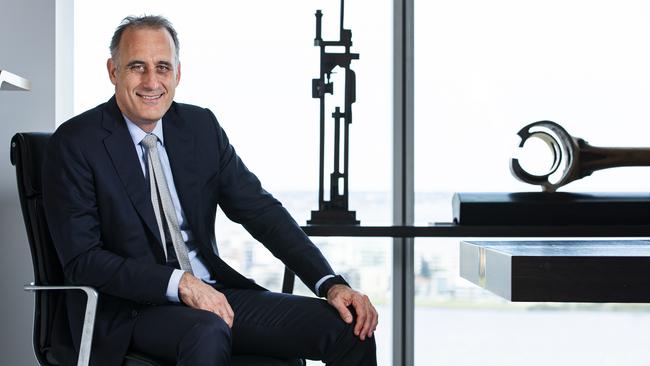
The conglomerate also has operations in lithium mining, chemicals, fertilisers, industrial and safety products, and a data and digital ecosystem.
At times during the past 20 years, as he progressed through a number of senior executive roles at the group and put his children through school, Scott was forced to put his daily exercise routine on hold. He says it was to his detriment.
“I went through many years where I wasn’t really doing any exercise and I felt worse for it,” he says.
“Exercising and staying healthy is incredibly important. I am a better person to be around when I have exercised in the morning.”
His wife, Liz, was an Olympic gold medallist in water polo.
Today Scott attends lunchtime yoga classes at Wesfarmers’ corporate headquarters in Perth. Emily Amos, the managing director of Wesfarmers’ Health division, also often starts her day with yoga.
“I have enjoyed doing yoga for many years, and when it was suggested we offer a session at work, I thought it was worth a go,” Scott says.
“Not only is it good for you, but it gives everyone a lift and they head back to work more energised and focused.”
Scott sits on the boards of the Business Council of Australia, the Brisbane Organising Committee for the 2032 Olympic and Paralympic Games, and was until recently, the president of Rowing Australia.
He says he has taken many of his learnings from competing at the top level of international sport into his corporate leadership.
“In elite international sport you are always striving to be the best in the world and you are surrounded by people who share that dream. It is an inspiring and addictive environment to be part of. Rowing also gives you insights into the intricacies and power of the team dynamic,” he says.
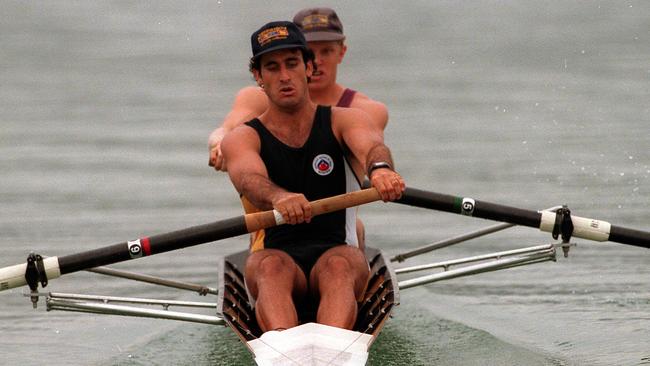
“I want to be surrounded by people who want to be the best in the world at something and I have that at Wesfarmers. We compete against some of the most successful international companies out there, especially in our retail and industrial businesses. Having teams prepared to challenge you to get more out of yourself, that are really competitive and determined to outperform others in the marketplace, is really important.”
Empowering its people to be their best is one of the secrets of the Wesfarmers business model.
The firm has studied at length why conglomerates, now largely a relic of corporate history, have been successful or failed.
A common feature of the failures has been too much centralisation of decision making.
So Wesfarmers has long prided itself on a culture of empowerment and accountability.
“The divisional autonomy model creates the best of both worlds. Our divisions can leverage the Wesfarmers balance sheet and the corporate support provided by the group but have the luxury of focusing on their business and industry,” Scott says.
“We always focus on letting the accountability sit at the lowest, sensible level. If an issue arises, our approach is for the divisions to take ownership of it and deal with it. They are more than happy to do so and do a much better job than we would from the corporate centre. Another important part of our culture is recognising that mistakes happen, things can go wrong. One of our values is openness, which is about bad news flowing faster than good news. Our leaders know if something has gone wrong, they can feel confident about raising that early. With that transparency, we can all face into it.”
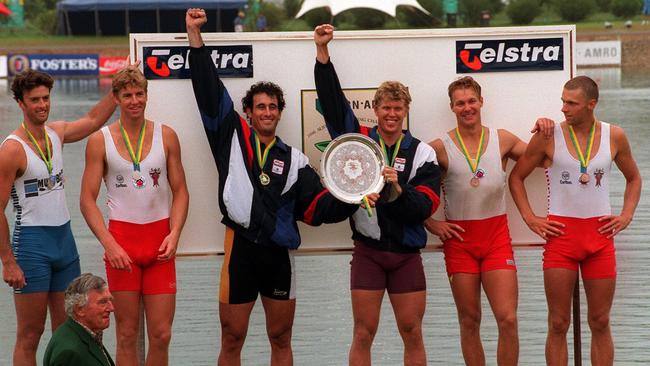
A trained accountant with a master’s degree in applied finance, who also attended Harvard Business school, Scott spent a decade in investment banking in Sydney and Hong Kong at Deutsche Bank before his current stint at Wesfarmers.
He is only the eighth chief executive in the firm’s 100-plus year history.
Scott is not shy in acknowledging that he is an introvert by nature, so has to work harder to do the things that come more naturally to extroverts.
“Some people when they are speaking to a crowded room or networking, they get energy out of that. It wouldn’t be my first choice to do that sort of thing so it takes more energy for someone like me. But you know you need to do it, in an authentic and genuine way,” he says.
“Leaders don’t need to be extroverted but they do need to be engaged, authentic and dynamic. You need to have the self-awareness to understand who you are and how you operate.”
Scott worries about leaders in business who let their ego get out of control. He proudly remains the antithesis of the celebrity CEO.
“The risk is the loss of objectivity and purpose when a leader makes the decision to promote their own brand over the long term performance of the company. These leaders surround themselves with people who want to manage upwards and pander to them,” he says.
“Everyone has an ego so the real issue is to make sure you keep it in check and not lead you to make bad decisions.”



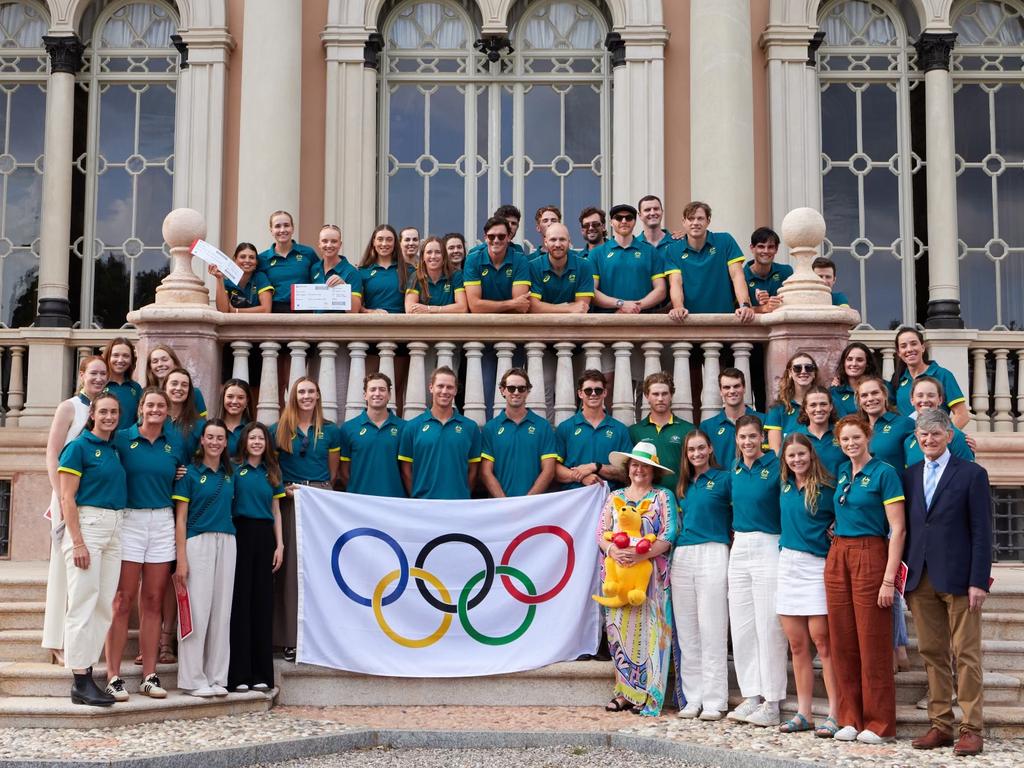

To join the conversation, please log in. Don't have an account? Register
Join the conversation, you are commenting as Logout